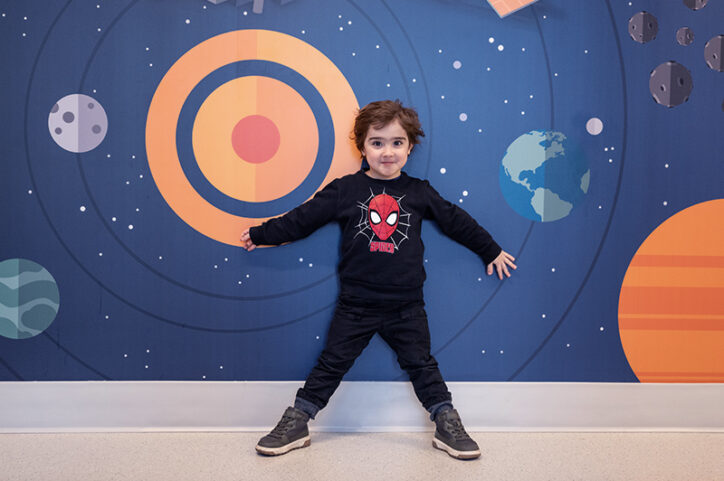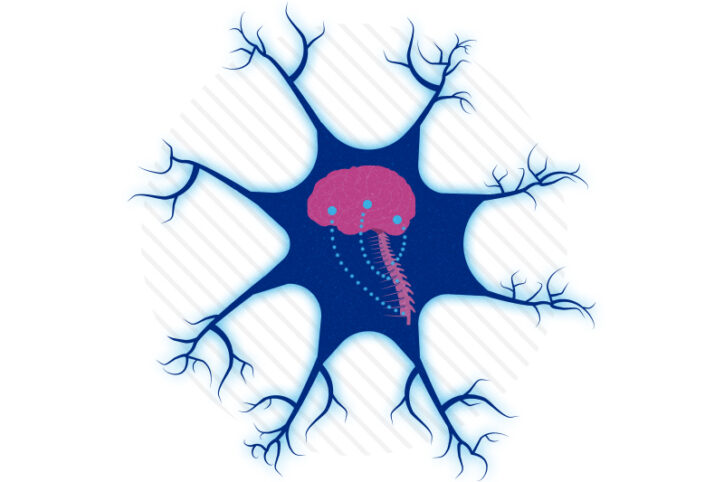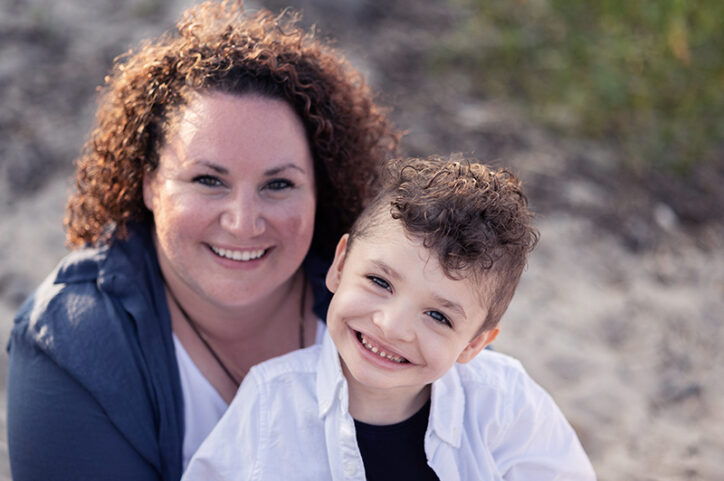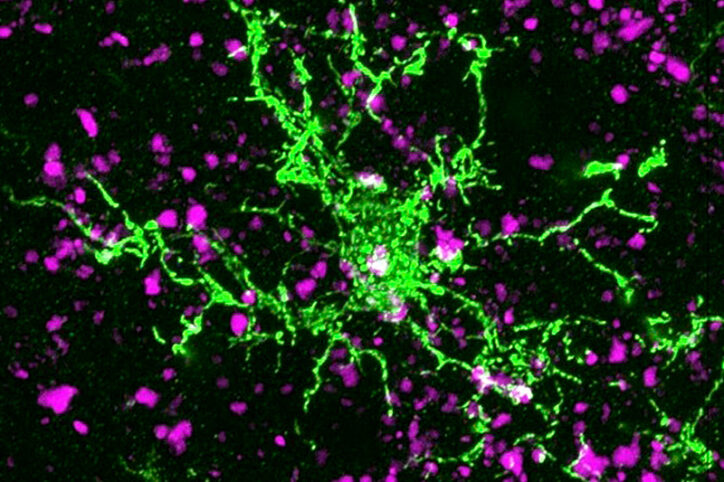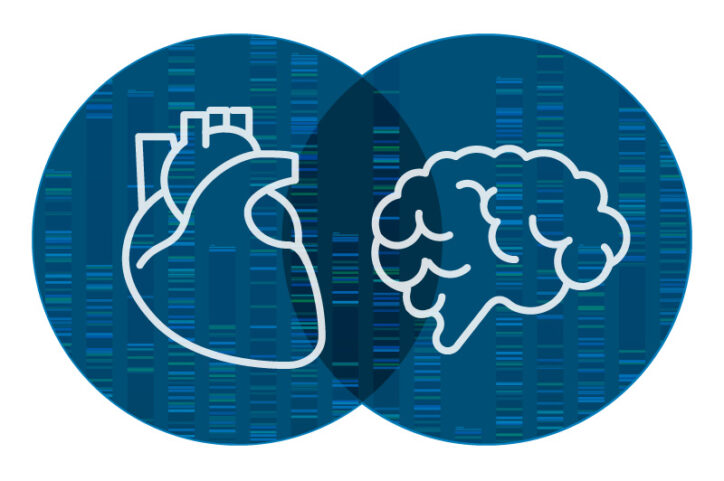Archive for neurology
Lucas receives gene therapy for DMD and finds his super muscles
Lucas Toro has a lot in common with Gekko, the cartoon character from PJ Masks. They’re both “little guys” whose strength surprises people. And they both use their muscles for good. Getting strong is a new feeling for Lucas — one he’s using to blaze new trails for other kids. In September 2023, he became ... Read More about Lucas receives gene therapy for DMD and finds his super muscles
Tagged: gene therapy, muscular dystrophy, neurology
It takes a village and the world: Tariq’s care for Tourette syndrome
When your child is sick but you can’t figure out the cause or how to fix it, it can leave you feeling helpless and frustrated. It can also test how far you’ll go for answers. Just ask Salem of the United Arab Emirates (UAE), who moved with his family to Boston so his son Tariq ... Read More about It takes a village and the world: Tariq’s care for Tourette syndrome
Tagged: international, neurology, second opinion
Infantile spasms: Speeding referrals for all infants
Infantile epileptic spasms syndrome (IESS), often called infantile spasms, is the most common form of epilepsy seen during infancy. Prompt diagnosis and referral to a neurologist are essential. Infantile spasms can present subtly, and research indicates that diagnosis is often delayed. Additionally, infants are especially likely to experience delays in referral to a neurologist if ... Read More about Infantile spasms: Speeding referrals for all infants
New leads for spinal cord injury: Mapping spinal-projecting neurons in the brain
Only a fraction of people who sustain a spinal cord injury fully regain their motor function. While rehabilitation can help, scientists have long looked for ways to regenerate injured nerve fibers — including, at Boston Children’s Hospital, Zhigang He, PhD, BM. As part of a collaborative effort by the BRAIN Initiative Cell Census Network, which ... Read More about New leads for spinal cord injury: Mapping spinal-projecting neurons in the brain
Tagged: neurology, neuroscience, spinal cord injury
Could ADHD be diagnosed genetically?
Despite it being very common, ADHD is often missed until a child reaches age 7 or older. By that time, they have likely been struggling socially and in school. Could early genetic testing be part of the solution? Anne Arnett, PhD, in partnership with Ryan Doan, PhD, at Boston Children’s Hospital, set out to see ... Read More about Could ADHD be diagnosed genetically?
Tagged: ADHD, developmental medicine, genetics and genomics, neurology
Chloe navigates Marfan syndrome with a positive attitude — and a responsive care team
Chloe Burian has always defied expectations. Despite surgeries and other treatments for several conditions that stem from the genetic disorder Marfan syndrome, the 12-year-old remains upbeat. “Nothing bothers her,” says Chloe’s mom, Audrey. “She goes through life with a smile.” Still, there were moments of doubt along the way, especially when Audrey and her husband, Rudy, ... Read More about Chloe navigates Marfan syndrome with a positive attitude — and a responsive care team
Homecoming: Jack’s complex care brings a family back to Massachusetts
Georgia and her husband, Keith, moved to North Carolina from Massachusetts in 2015 with a dream of building a house and starting a family. Their plans changed, however, when their son Jack was born in 2017 with severe health complications, including a rare and severe form of childhood epilepsy called Lennox-Gastaut syndrome and a rare ... Read More about Homecoming: Jack’s complex care brings a family back to Massachusetts
Tagged: autism, complex care, epilepsy, neurology, seizures
Broken signals: Things you may not know about nerve injury
When Dr. Andrea Bauer talks about nerve injuries, she talks about phone cords. A damaged phone cord transmits staticky or broken sounds, or no sound at all. Similarly, peripheral nerve injuries (injuries that affect the arms, hands, legs, and feet) disrupt signals to and from the brain, causing numbness, loss of sensation, and lost function. ... Read More about Broken signals: Things you may not know about nerve injury
Could we intervene in Huntington’s disease before symptoms appear?
Huntington’s disease is the most common single-gene neurodegenerative disorder and is characterized by motor and cognitive deficits and psychiatric symptoms. Work led by Beth Stevens, PhD, and Dan Wilton, PhD, in the Department of Neurology at Boston Children’s Hospital, now shows that the disease process begins well before symptoms appear. That raises the possibility of ... Read More about Could we intervene in Huntington’s disease before symptoms appear?
Tagged: alzheimers disease, biomarkers, immunology, neurology, neuroscience, schizophrenia
Research aims to pinpoint genetic connection between autism and heart disease
Cardiology and neurodevelopmental researchers have more questions than answers about the possible genetic links between congenital heart disease (CHD) and autism spectrum disorder (ASD). A study that’s underway at Boston Children’s aims to pin down those elusive answers by taking a close look at the genetics of children with neurodevelopment and cardiovascular conditions. The researchers want to see ... Read More about Research aims to pinpoint genetic connection between autism and heart disease


